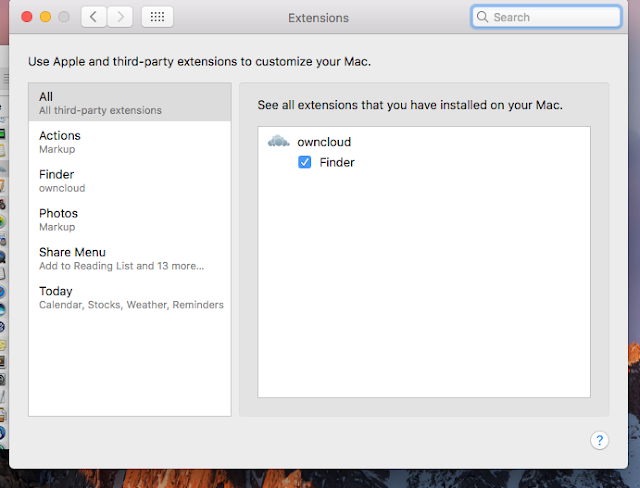Intel PCI-E SSD P3600
-----------------------------------------------------------------------
CrystalDiskMark 3.0.1 x64 (C) 2007-2010 hiyohiyo
Crystal Dew World : http://crystalmark.info/
-----------------------------------------------------------------------
* MB/s = 1,000,000 byte/s [SATA/300 = 300,000,000 byte/s]
Sequential Read : 1318.342 MB/s
Sequential Write : 1215.438 MB/s
Random Read 512KB : 1021.725 MB/s
Random Write 512KB : 1231.051 MB/s
Random Read 4KB (QD=1) : 37.135 MB/s [ 9066.1 IOPS]
Random Write 4KB (QD=1) : 297.593 MB/s [ 72654.6 IOPS]
Random Read 4KB (QD=32) : 679.819 MB/s [165971.4 IOPS]
Random Write 4KB (QD=32) : 525.391 MB/s [
128269.4 IOPS]
Test : 1000 MB [P: 0.0% (0.1/1117.8 GB)] (x5)
Date : 2017/02/09 18:19:36
OS : Windows 7 Ultimate Edition SP1 [6.1 Build 7601] (x64)
Striped 2x Crusial SSD disks
-----------------------------------------------------------------------
CrystalDiskMark 3.0.1 x64 (C) 2007-2010 hiyohiyo
Crystal Dew World : http://crystalmark.info/
-----------------------------------------------------------------------
* MB/s = 1,000,000 byte/s [SATA/300 = 300,000,000 byte/s]
Sequential Read : 706.492 MB/s
Sequential Write : 374.625 MB/s
Random Read 512KB : 657.431 MB/s
Random Write 512KB : 146.501 MB/s
Random Read 4KB (QD=1) : 25.487 MB/s [ 6222.4 IOPS]
Random Write 4KB (QD=1) : 66.833 MB/s [ 16316.8 IOPS]
Random Read 4KB (QD=32) : 405.031 MB/s [ 98884.4 IOPS]
Random Write 4KB (QD=32) : 209.108 MB/s [
51051.7 IOPS]
Test : 1000 MB [C: 93.5% (211.7/226.5 GB)] (x5)
Date : 2017/02/09 18:13:42
OS : Windows 7 Ultimate Edition SP1 [6.1 Build 7601] (x64)
Striped 2x WD VelociRaptor 10K disks
-----------------------------------------------------------------------
CrystalDiskMark 3.0.1 x64 (C) 2007-2010 hiyohiyo
Crystal Dew World : http://crystalmark.info/
-----------------------------------------------------------------------
* MB/s = 1,000,000 byte/s [SATA/300 = 300,000,000 byte/s]
Sequential Read : 158.779 MB/s
Sequential Write : 227.951 MB/s
Random Read 512KB : 66.876 MB/s
Random Write 512KB : 132.817 MB/s
Random Read 4KB (QD=1) : 0.886 MB/s [ 216.2 IOPS]
Random Write 4KB (QD=1) : 3.226 MB/s [ 787.5 IOPS]
Random Read 4KB (QD=32) : 3.832 MB/s [ 935.6 IOPS]
Random Write 4KB (QD=32) : 4.467 MB/s [
1090.6 IOPS]
Test : 1000 MB [E: 45.7% (485.0/1061.8 GB)] (x5)
Date : 2017/02/09 17:57:49
OS : Windows 7 Ultimate Edition SP1 [6.1 Build 7601] (x64)







